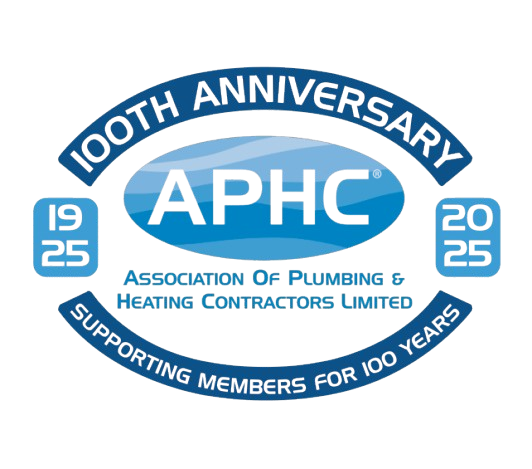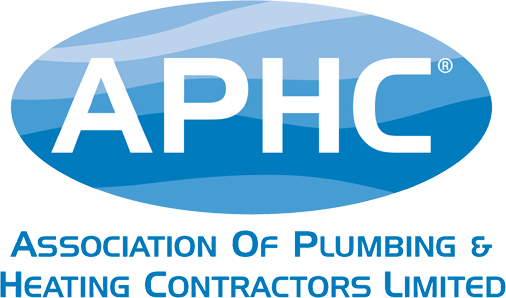100 years on, the industry still evolves and adapts to change
We thought we would dig through the technical articles from our archives of the last 100 years and see if we could draw any comparisons to technical challenges faced by the industry currently. Looking back to the 1920’s, we had gas lighting in the home, looked after and maintained by plumbers, there was a big push towards new electric lighting but how did the industry react to this new technology?
We can draw comparisons to the latest changes facing the industry, as the UK moves towards a low-carbon future. We know heat pumps are being heavily promoted as the primary alternative to gas boilers. However, many heating installers remain hesitant to fully embrace heat pump technology, just like with electricity 100 years ago. Despite government incentives and growing consumer interest, installers still talk about a number of barriers and concerns that must be addressed before widespread adoption can occur.
- Lack of Training and Upskilling Opportunities
One of the biggest concerns for heating installers is the lack of accessible and affordable training. Most installers in the UK have been trained to fit and maintain gas boilers, but heat pumps require a different set of skills, including:
- Understanding low-temperature heating system design
- Carrying out heat loss calculations
- Working with electrical connections
However, most manufacturers and local colleges and training centres now offer high quality certificated courses and assessment, including those of BPEC, OFTEC and LCL Awards. These are currently subsidised by government and heavily discounted for installers.
- Higher Upfront Costs and Customer Concerns
Heat pumps have significantly higher upfront costs than gas boilers, even with government grants like the Boiler Upgrade Scheme (BUS) £7,500 grant. Many homeowners are hesitant to make the switch due to:
- The high initial installation cost
- Uncertainty about long-term energy savings
- Concerns over home insulation requirements
There is greater support for heating installers in the form of promotional material, manufacturers information, even showcase or demonstration installations to help the installation educate and inform their customers about the advantages of a heat pump or hybrid system installation in their home. As more heat pumps are installed, the more economical they become having met research and development costs and manufacturing is scaled up.
- Installation Challenges in Older Homes
Many UK homes, particularly older properties, carry a perception that they are not well-suited to heat pumps without additional energy efficiency upgrades. In homes with poor insulation and unsuitable radiators, installation may require:
- Expensive insulation upgrades
- Replacing radiators and pipework
- More complex system redesigns
Manufacturers and installers are working hard to overcome these issues through innovation of the heat pump itself, more informative controls, feeding back to ‘intelligent’ control systems. There is a lot of positive work in this area which is leading to significant improvements.
- Bureaucratic Red Tape and Regulations
To install heat pumps, many installers must go through complex accreditation processes, such as MCS certification, which requires:
- Meeting strict installation standards
- Submitting detailed paperwork and audits
- Paying certification fees
Government has been listening to concerns of installers, through industry bodies such as APHC, and are working with schemes such as CPS and MCS to make changes to their scheme to ensure there is a realistic balance between establishing quality, while making the certification scheme accessible and viable for installers of all business size and type.
Conclusion
The move to low carbon heating is a challenge, like all challenges, some businesses are in a position to adapt and move quickly, others will need more time to make changes. However, it is clear that our industry is always evolving, our knowledge and skills allow us to adapt to client and customer needs and the technological advances we all face.
100 years from now, we will probably have another great debate about a new plumbing or heating technology, it may seem a little bit like something from a science fiction film.


